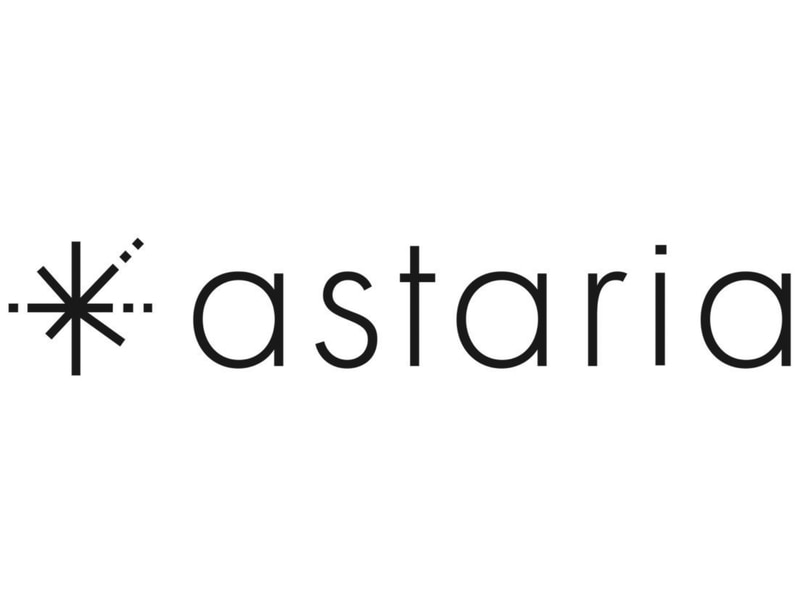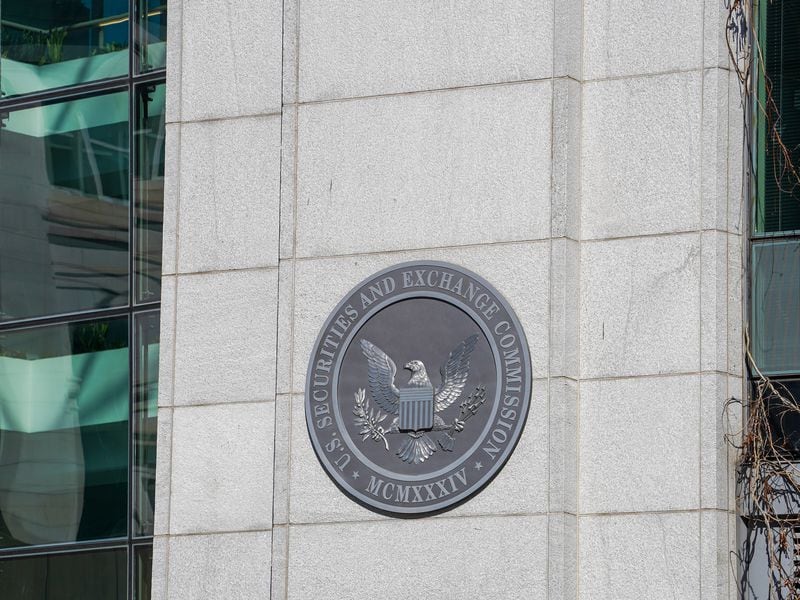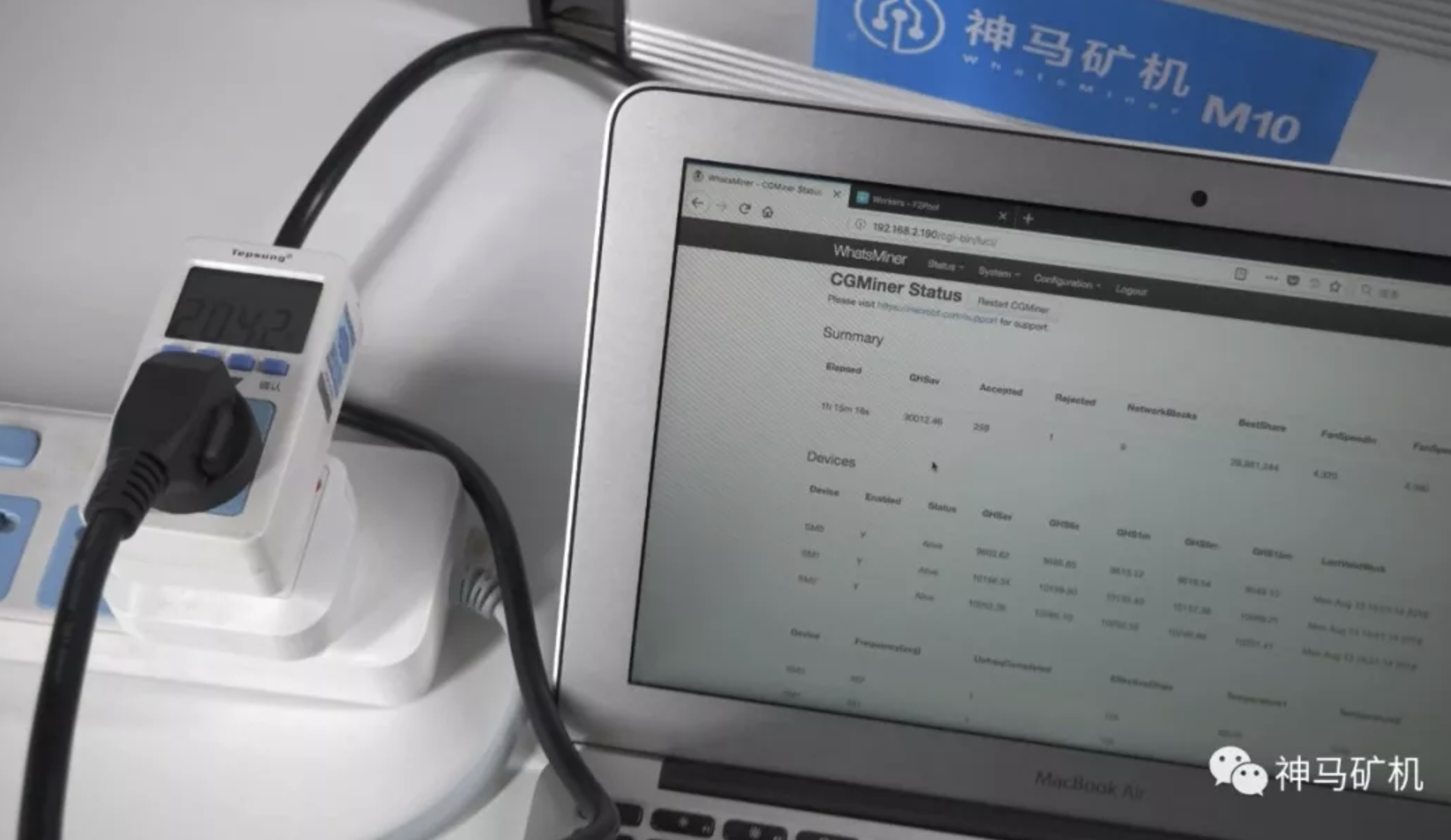Enterprises Would Use DeFi, if It Weren’t so Public
(Stefan Steinbauer/Unsplash)
Enterprises Would Use DeFi, if It Weren’t so Public
Paul Brody is a Principal and Global Blockchain Leader at EY.
Decentralized finance (DeFi) services are booming, but there’s indication it’s recycling the same money around and around. To grow this market, enterprises need to get involved – and that won’t happen until users have privacy and security.
In the old-school world of CeFi (centralized finance) it’s common to dismiss DeFi because it is designed to support anonymous transactions that can enable money laundering. This is, of course, completely wrong, but it makes for a good scare story against the competition. In reality, it’s DeFi’s lack of privacy that may become an ever-growing constraint on this industry.
For businesses, jumping in to DeFi could generate enormous value. Unlike simpler transactions like savings and deposits, financing assets can be complex. Getting a good valuation depends on sharing documents, data on asset quality, or past cash-flow history. In the real world, that’s time-consuming and paper-intensive, leading to a higher chance of fraud risk and fewer choices. On a blockchain, reliable data can be distributed to a range of bidders instantly.
While yield-farming and other DeFi tools are capturing attention today, it remains a closed loop of apps. In the traditional financial system, financing extends to major capital assets like cars, homes and industrial equipment. Enterprises might be interested in seamless ways to move capital, but they also need to guard their trade secrets. On a public blockchain, those secrets would be fully exposed.
We are enjoying an explosion of innovation and growth in the DeFi space. For that to continue, the market has to become both broader and deeper.
Although blockchains like Ethereum do not attach names to addresses, it is possible to trace transactions to individuals. This is especially the case for large enterprises or larger private portfolios that frequently move large sums of money. It would be easy to apply analytics to estimate who is playing in the market and what strategies are being pursued. For most large companies and investors, this is a deal killer.
Privacy should not be confused with anonymity. The goal is not to hide transactions from regulators, but to hide transactions from casual inspection by potential competitors. For individuals buying digital assets, this can be done by purchasing crypto through exchanges that mix transactions. This process doesn’t work for digitized contracts. If enterprises sign and take ownership of smart contracts, which tokenize and automate business deals, they reveal the parties and requirements of those contracts.
This is where approaches like the Baseline Protocol can be applied. The goal of the Baseline Protocol is not merely to connect large companies securely and privately across the public blockchains, it is also to preserve the power and value of tokenization. Inputs and outputs like purchase orders, invoices and capital asset leases are designed to be tokenized under privacy, and then can be transferred, used and managed in the same kinds of DeFi solutions as the ones being developed today.
While privacy tools can help shield companies from having their own strategies made public, they don’t have to prevent the market from operating with transparency. Well-designed mathematical proofs and smart contracts can shield buyer and seller identities while exposing pertinent information.
This could be great if businesses need to send market signals but don’t want to disclose who is involved in a deal, replicating the transparency in stock markets today, where total volumes and prices are known, but not buyers and sellers.
We are enjoying an explosion of innovation and growth in the DeFi space. For that to continue, the market has to become both broader and deeper. That means enterprises and real-world assets joining this game at scale. This isn’t easy, because building for privacy is more complex and challenging than openness.
While building private financial tools is complex, there are precedents, one of which enabled takeoff in the most-important market today. The web didn’t gain meaningful traction in commerce until secure socket layers (SSL) made commerce secure. SSL made websites far more complex, between security certificates and encryption, but it also enticed consumers by the millions. The same is needed for DeFi.
Disclosure
The leader in blockchain news, CoinDesk is a media outlet that strives for the highest journalistic standards and abides by a strict set of editorial policies. CoinDesk is an independent operating subsidiary of Digital Currency Group, which invests in cryptocurrencies and blockchain startups.









